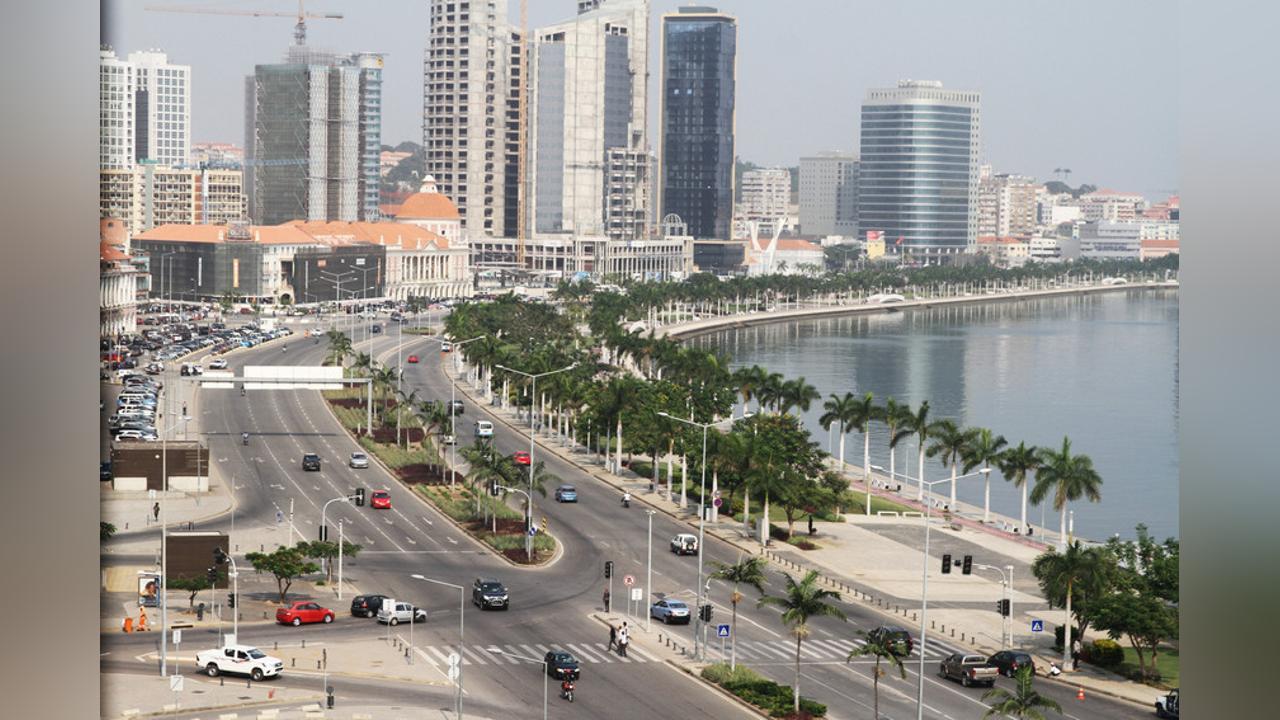Africa-Press – Angola. The Angolan government launched on Tuesday the Angola City Redevelopment and Urban Conversion Project, known as “SONA,” with the aim of contributing to the harmonious development of the territory and management of large cities in the country.
Funded by the World Bank (WB), which has 300 million US dollars available for this project, SONA will initially cover the redevelopment of the cities of Benguela, Huambo, and Lubango (Huila), with a focus on guided self-construction, strengthening local governance, and improving the living conditions of the populations.
The World Bank’s resident representative in Angola and São Tomé and Príncipe, Juan Carlos Alvarez, who spoke at the official launch of the project, said the Sona is a transformative program, aligned with the 2023-2027 National Development Plan, designed to respond to the challenges of rapid urbanization in Angola and will have a five-year implementation period.
“This project uses, for the first time in Angola, the Program for Results (P4R) instrument, which allows disbursements based on the results achieved, which accelerates the benefits for the population,” he stressed.
According to the official, Angola is one of the fastest-growing countries in sub-Saharan Africa in urban terms, with nearly 67% of the population living in urban areas, totaling more than 21 million people, a number that is expected to triple by 2050.
He said that rapid urban growth puts great pressure on cities that face serious gaps in housing, infrastructure, and basic services, and it is estimated that there will be a housing deficit of about 2.2 million units in the coming years.
The project will strengthen local and national institutions in managing urban growth, with the integration of agricultural areas along the Lobito Corridor, considered strategic for integrated and sustainable development.
He added that, in addition to Sona project, the World Bank supports Angola with 17 other projects in its portfolio, such as Njila, initiatives in the areas of education, health, social protection, water supply, energy, and digital access.
He considered it a strategic moment to link urban investments to the objectives of economic diversification and social development, believing that the positive impact could be replicated in other cities in the country.
The event marked the official start of the Angolan government’s ambitious project, implemented through the Ministry of Public Works, Urbanism, and Housing, aimed at sustainable urban development and improving the well-being of communities.
It includes guided self-construction, land regularization, sustainable and environmentally friendly infrastructure, as well as the inclusion of disadvantaged populations and the promotion of gender equality.
For More News And Analysis About Angola Follow Africa-Press






